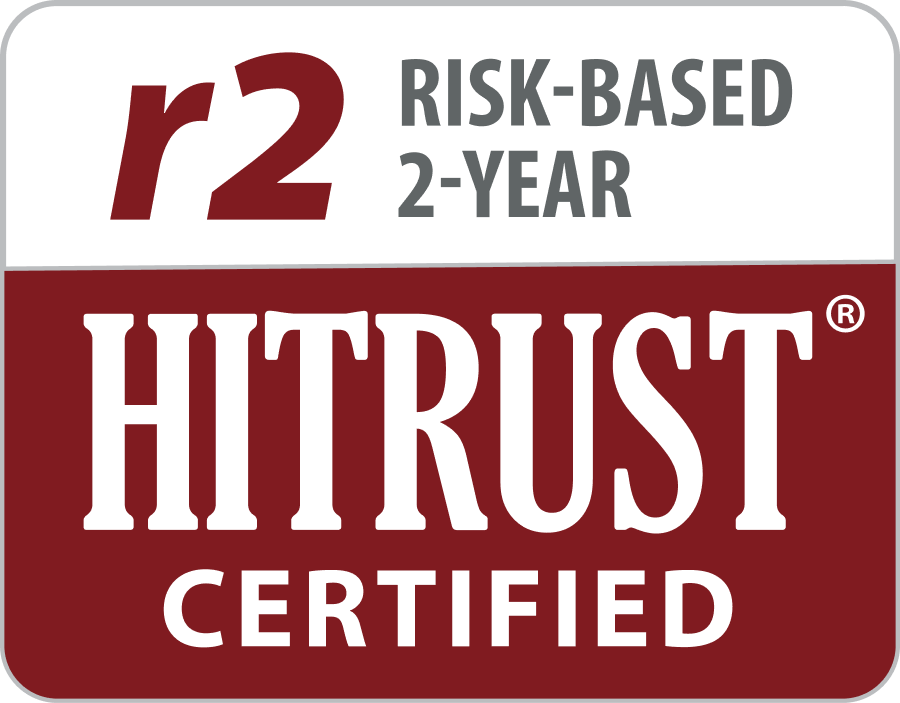
Can you relate to this scenario?
As a Medicare compliance officer, you’ve just updated your mandatory general compliance and fraud, waste and abuse training. You’re ready to send an email to all employees to launch the training.
As your finger hovers over the send button, you wonder:
Is this training going to meet the company’s objectives?
How will we determine if it’s effective?
You can simply press send and hope for the best, or you can measure training effectiveness based on best practices.
Best Practices to Measure and Evaluate Training Effectiveness
It’s an ongoing challenge to measure and evaluate the effectiveness of compliance training. Many plans rely on post-training testing with an aim to increase compliance and fraud, waste and abuse (FWA) reporting. This approach, however, may not be sufficient; you need to be prepared to explain to CMS how you measure and evaluate effectiveness.
In our work with numerous health plans, we’ve developed best practices to measure and evaluate training effectiveness. While every plan is different, here are a few tried-and-true methods:
Add Pre-testing
Plans use testing and quizzes within the training and at the end of the course. Testing within the course helps to build knowledge and understanding for the trainee, and the post-test evaluates if the trainee understood content and concepts.
To improve upon these standard measurements, you can add pre-testing, which contains questions related to key concepts that will be addressed. The pre-test provides a base-level that can be compared to the post-test to accurately evaluate effectiveness.
Use a Course Survey to Identify Areas of Improvement
A course survey helps evaluate the training overall, and provides valuable feedback about how well the training was received. In the course survey, you can ask trainees specific questions about their satisfaction with the training materials, content, platform, presenter, handouts and video. This is an excellent way to evaluate your training and identify ways to improve.
Use Post-training Communications to Address Gaps
Typically, plans send a communication to launch training. You augment this by adding a post-training communication to further explain key topics based on the results. For example, if a number of employees did not correctly answer the post-test question regarding conflicts of interest, you can clarify and provide relatable examples of situations that cause a conflict of interest. This will quickly address training gaps while you update materials for the next training launch.
Determine When Desk Audits Are Necessary
Based on the results of the testing, the risk assessment should be re-evaluated to determine any additional auditing activities needed. This this will inform which types of desk audits (offsite assessments of a health plan’s compliance with standards and regulations) should be scheduled. For example, if a number of employees did not correctly answer the post-test question that first tier, downstream and related entities (FDRs) must have FWA policies and procedures, it may warrant a desk review of all FDR FWA policies and procedures.
Ask Trainees What Else They’d Like to Know
Within the training, you can ask the trainees what else they’d like to learn and give them specific options to encourage responses. You can add these into the next training, or create a mini-training for the specific topics requested.
Make Learning and Role-based Training Fun and Interactive
Learning and role-based training can be a fun and interactive experience. Whether conducted in person or through web-based sessions, these trainings aim to enhance understanding of key concepts in real-time. Additionally, post-training sessions can be organized to specifically address areas that were not fully comprehended based on the testing results.
Take Your Compliance Training To the Next Level and Ensure Maximum Impact
Contact us to learn how our expert compliance team can help you measure, evaluate, and improve your training program to meet and exceed regulatory requirements.
Who We Are
ATTAC Consulting Group is a healthcare consulting firm specializing in insurance plan compliance, audit, operations and networks.

